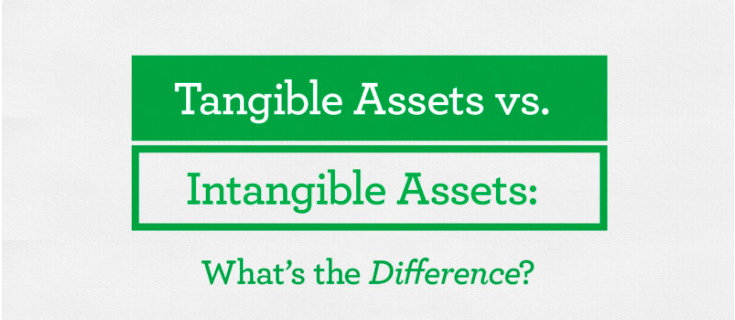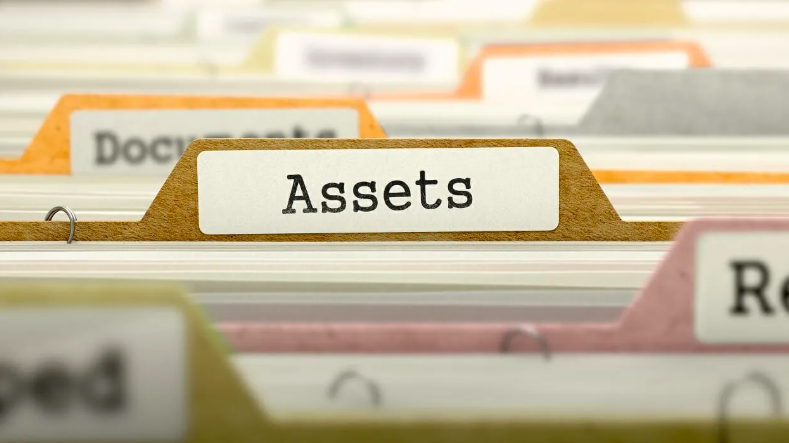
5 Mistakes Property Owners Make During Valuation
Property valuation is a crucial step whether you are selling, buying, refinancing, or simply determining your asset’s worth. However, many property owners unknowingly make mistakes that can negatively affect the valuation outcome, leading to a lower property value or even delays in transactions.
In this article, we highlight five common mistakes property owners make during valuation—and how you can avoid them.
1. Overestimating Property Value Based on Emotions
Many property owners believe their home or investment property is worth more than market realities suggest, often due to emotional attachment or personal investment.
Problem: Valuers assess properties based on market evidence, not sentimental value. Overpricing your property expectations can create frustration and unrealistic goals.
Solution: Trust the valuer’s professional process and data-driven approach, and be open to their impartial findings.
2. Not Preparing the Property for Inspection
Some owners fail to present their property in the best possible condition before the valuation inspection. Untidy interiors, visible repairs, or poor landscaping can create a negative first impression.
Problem: Poor presentation can subconsciously influence the valuer’s perception of the property’s maintenance level and appeal.
Solution:
Clean and declutter
Fix minor repairs
Tidy the exterior
Highlight features that add value
Treat the valuation inspection the same way you would prepare for a prospective buyer’s visit.
3. Hiding Property Defects
Some owners attempt to conceal flaws like water damage, structural issues, or unauthorized alterations during valuation inspections.
Problem: Valuers are trained to detect underlying problems. Hiding defects could not only lower your credibility but may also lead to a much lower valuation when discovered.
Solution: Be honest about known issues. Transparency allows the valuer to fairly assess the impact and may actually build trust.
4. Not Providing Proper Documentation
Property valuation relies not only on the physical inspection but also on documentation that supports legal ownership, property history, upgrades, or additional features.
Problem: Missing documents like title deeds, building approvals, renovation permits, or rental income records can delay the valuation process or limit the assessed value.
Solution: Gather all important documents ahead of time and provide them to the valuer at or before the inspection.
5. Ignoring the Local Market Realities
Some owners expect their property to be valued based on what they spent building or renovating it rather than what the current market dictates.
Problem: Valuation is based on comparable market sales and local demand trends, not personal construction or renovation costs.
Solution: Understand that a valuer will compare your property against recent sales of similar properties in your area. Stay updated on local real estate market conditions.
Conclusion
Property valuation is both a science and an art, combining technical appraisal skills with market knowledge. By avoiding these common mistakes, property owners can ensure a smoother valuation process, a fairer assessment, and ultimately a better outcome for their real estate goals.
Proper preparation and realistic expectations are the keys to success.

 April 28, 2025
April 28, 2025



